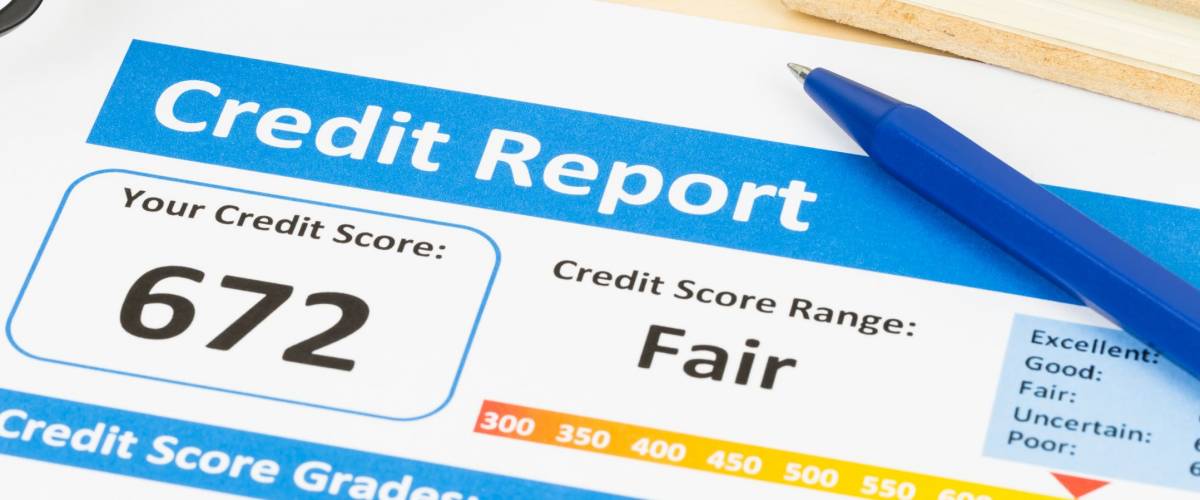Cancellation and credit scores

Cancelling a credit card could drop your credit score into the so-so range.
Your credit score is determined by a number of factors, including how much debt you have, whether you regularly pay your bills on time, and how much of your available credit you're currently using. When you open a credit card, credit reporting bureaus view this as your card issuer extending you a line of credit. People who have multiple or large lines of credit available to them are considered more trustworthy, and therefore are given higher credit scores.
So, if you have a credit card you rarely or never use, pay it on time every month and don't carry a high balance on it, you are probably getting a credit score bump from keeping that account open.
Don't know your credit score? It's easy to check it for free.
If you've already established substantial credit and handle your debts well, closing a single card likely won't impact your score much, if at all, and certainly not for long.
But cancelling a card with a high credit limit can hurt your credit score. To protect your score, you'd need to pay off other card balances to offset the loss of available credit from the card you're closing.
It's an even bigger problem to cancel a credit card you've had for years. Old credit is the best kind of credit, and having a long-standing, well-maintained line of credit looks excellent on a credit report.
Maximize Your Tax Refund with TurboTax Canada!
Simplify tax season with this user-friendly software. Get step-by-step guidance, maximize deductions, and file with confidence. Trusted by millions, TurboTax Canada ensures accuracy and peace of mind. Start your taxes today and get the refund you deserve
Get the tax refund you deserveGood reasons to cancel

If the card is too tempting or is costing you too much, go ahead and cancel.
Still, it's not always a bad idea to cancel a credit card. Not everyone is great at controlling their shopping urges, so if dumping a credit card might stop you from spending uncontrollably, it might be the right move.
Some cards also have hefty annual fees that you have to pay regardless of whether you're using the card. In those cases, closing your card or switching to a no- or low-annual-fee credit card is worth the hit to your credit.
What many people don't know is that you can still cancel a credit card even if it has a balance. Just contact the card issuer and ask that the account be closed so new charges can't be made. You'll still be able to continue to pay the balance down.
Basically, if the card is costing you money, cancel it! Just make sure you're consistently monitoring your credit score afterwards to keep tabs on any fluctuations.
Bad reasons to cancel
If your reason for cancelling is that you just don't use the card, especially if the card has no annual fee, you are probably making a mistake by cancelling. For most people, it makes sense for your credit score to keep any available line of credit open, especially when there isn't a balance that's racking up interest.
If you're determined to banish a credit card from your wallet and think you have good reasons, the cancellation likely won't shatter your credit score.
That said, it's always best to preserve your credit lines, to maintain a high score and have credit options at your disposal.
Sponsored
Trade Smarter, Today
With CIBC Investor's Edge, kick-start your portfolio with 100 free trades and up to $4,500 cash back.



